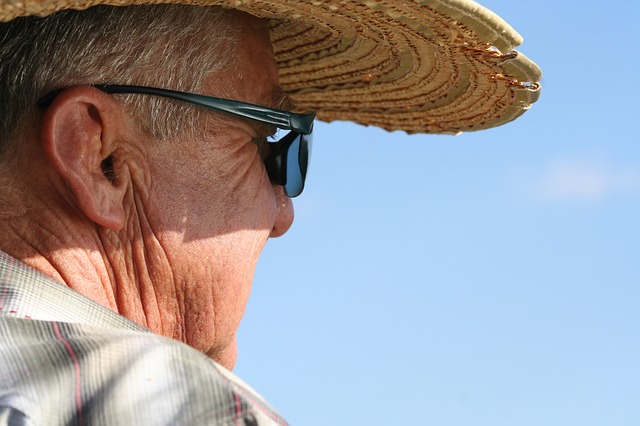Alzheimer\’s disease usually affects the elderly. Alzheimer\’s disease is a degenerative neurological disease and cannot be cured. At best, the progression of the disease can be slowed. However, even relatively young people can develop the disease. What are the main symptoms?

- Memory loss
-
Difficulty with normal activities
-
Speech impairment - Temporal and focal disorientation
-
Impaired or worsened rational judgment
-
Problems with abstract thinking -
Putting things in the wrong place
Changes in mood or behavior
-
[personality changes - Loss of initiative [51]

How to deal with these situations?
Of course, even if not necessarily a neurodegenerative disease, old age takes its toll on the elderly. At this age, some degree of unnatural behavior is common. A relatively simple test is used to diagnose Alzheimer\’s disease. This test can be performed on relatives at home. While this test does not directly diagnose Alzheimer\’s disease, it alerts the person to the fact that everything is definitely wrong and that it is time to seek professional medical help.
Caring for an Alzheimer\’s patient is extremely demanding. Not everyone has the time. And especially, not everyone has the patience of a saint. Taking care of an elderly person with Alzheimer\’s disease means taking time away from work to check on the person at every turn to see if he or she is doing anything amiss.
Of course, not everyone can do this, and no one can blame them. Therefore, it is appropriate to ask, what next? There are Alzheimer\’s centers, which provide residential services to people suffering from Alzheimer\’s disease. Some nursing homes also provide services to people suffering from neurological incurable diseases. Of course, these people are not admitted to regular hospital wards, but to so-called special nursing homes, where they receive individualized and enhanced care from nursing staff.